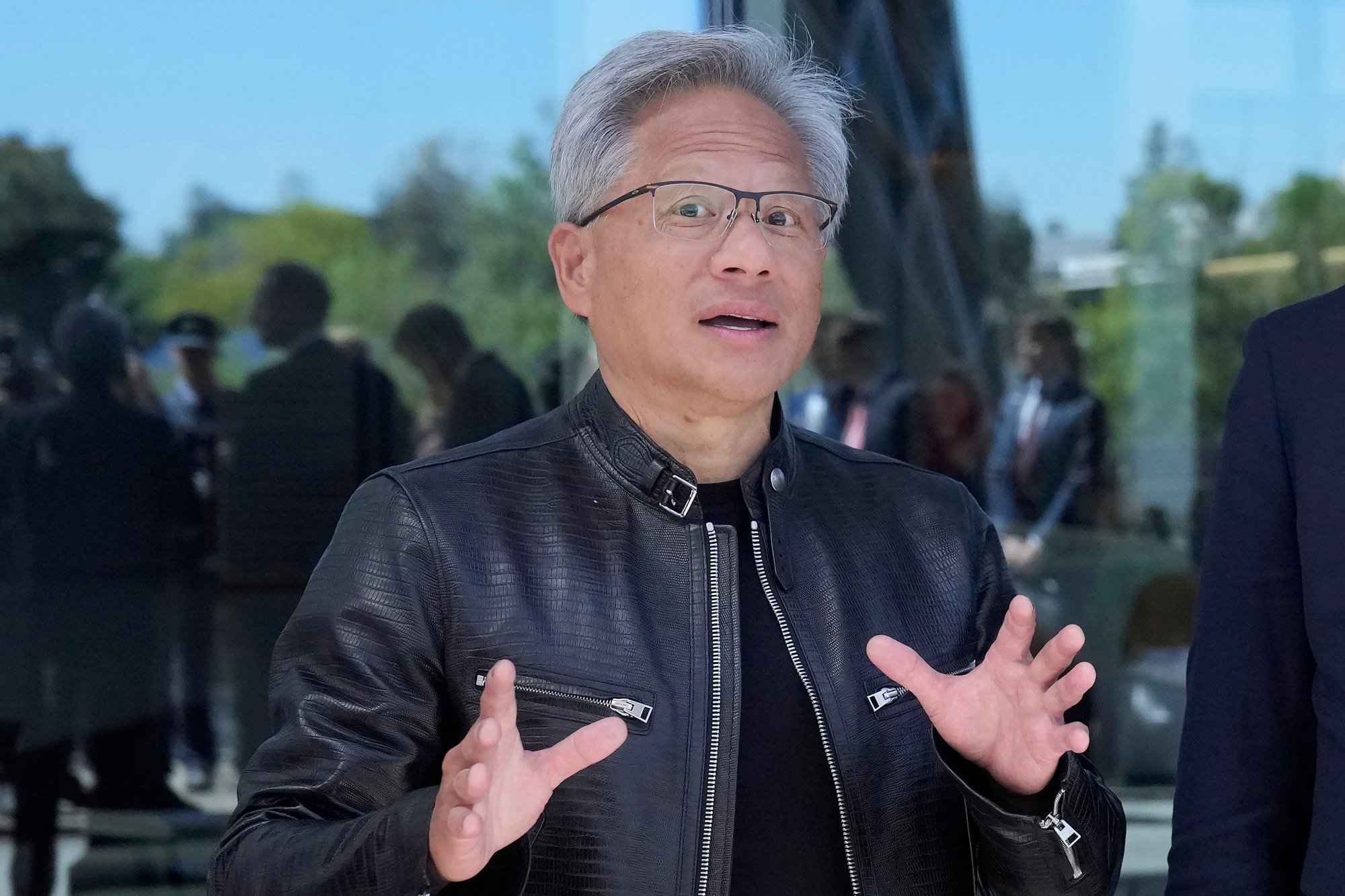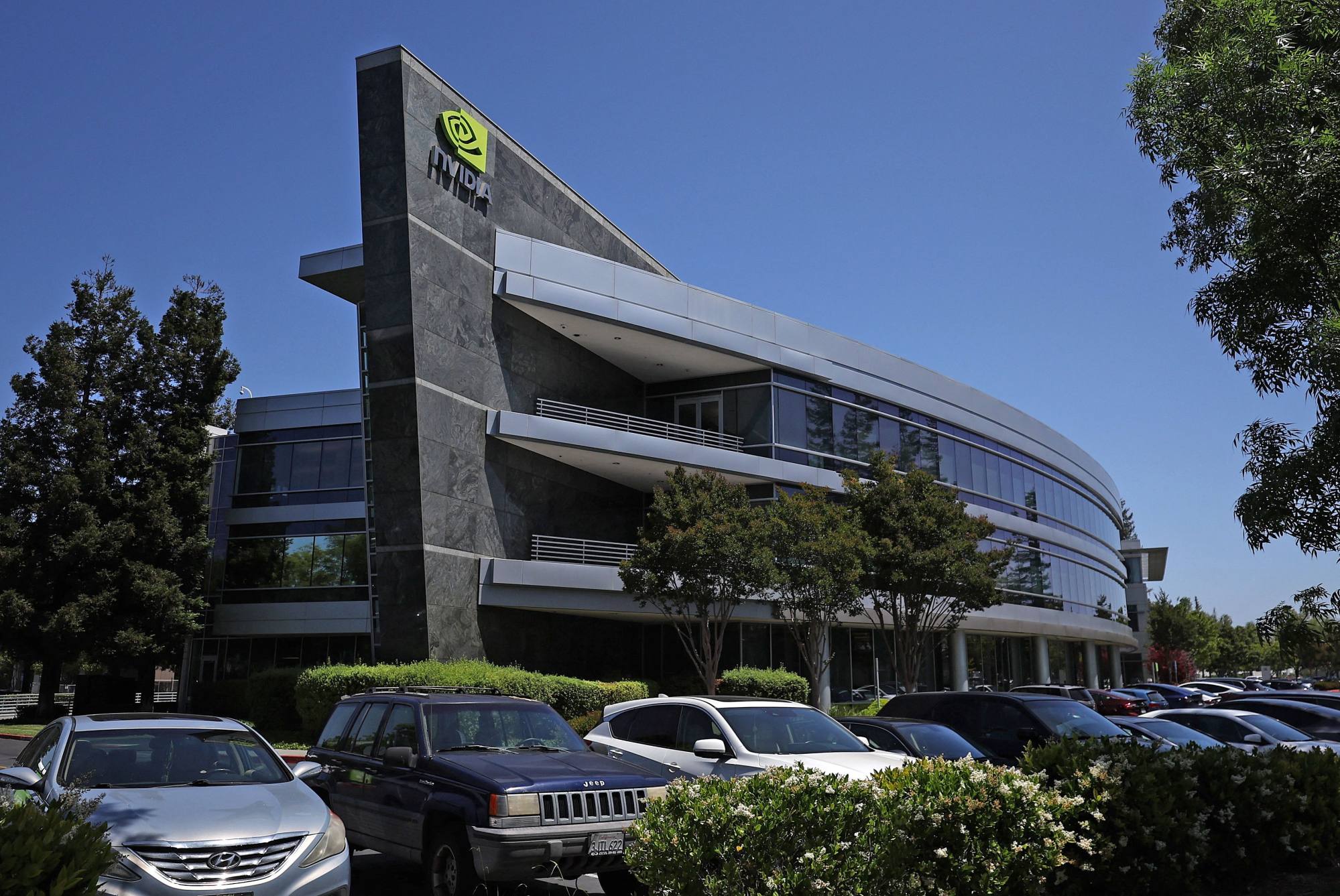Nvidia has designed lower-grade chips tailored for China-based clients after the US in October escalated its export restrictions to ban the shipments of the firm’s sophisticated A800, H800 and L40S processors to the country.
But the onslaught of Huawei’s Ascend chips has proved challenging for Nvidia in its third-largest market. CEO Jensen Huang said in a conference call earlier this month that the US firm faces “a lot more competition in China now”.
Huawei declined to provide sales figures for its AI chips, but according to a speech this month by Zhang Dixuan, head of the firm’s Ascend computing business, the Ascend ecosystem now has 40 hardware partners, 1,600 software partners, and 2,900 AI application solutions.
“Huawei is taking the lead in China’s localisation drive because of its technological abilities,” said Russel Wu, general manager at networking gear start-up TML and previously with Intel in China.
“The AI box provides a ready-to-use solution for entities including small companies and government, letting them cut costs and focus on fine-tuning large model-based services instead of developing models [from scratch].”
Chinese companies are taking advantage of Huawei chips to make AI boxes to meet the rising demand for AI computing from nearly all industries, from telecommunications to finance and healthcare.
Home-grown chips, including those from Huawei, Cambricon Technologies and Biren Technology, are readily available in the market, according to Xu.

Huawei’s expanding AI chip business was anticipated by analysts. AI boxes are predicted to be a must-have for businesses in China, and the market is set to be dominated by local players led by Huawei, wrote Cao Pei, an analyst at Chinese brokerage Pacific Securities, in a research note published in November.
“iFlyTek and Huawei have joined forces to tackle the computing-power bottleneck”, iFlyTek chairman Liu Qingfeng said at the time, adding that Spark Number 1 was benchmarked against Nvidia’s A100 processor, which has been barred from being shipped to China since August 2022, along with the more powerful H100.
Nvidia processors made up 90 per cent of the 500,000 AI chips that were sold in China in the first half of last year, with Huawei controlling just 6 per cent of the market. But the tide is turning for Huawei: at least a dozen Chinese companies have launched AI boxes, and most of them use chips from Huawei.

Still, the pace of Huawei’s ascendancy in China’s AI chip market will depend on how quickly it can ramp up production, according to Brady Wang, associate director at research firm Counterpoint.
“Huawei would choose to give more juice to its AI chips this year, as that would give the company a leading market position in China against Nvidia,” Wang said.
Additional reporting by Kelly Le

